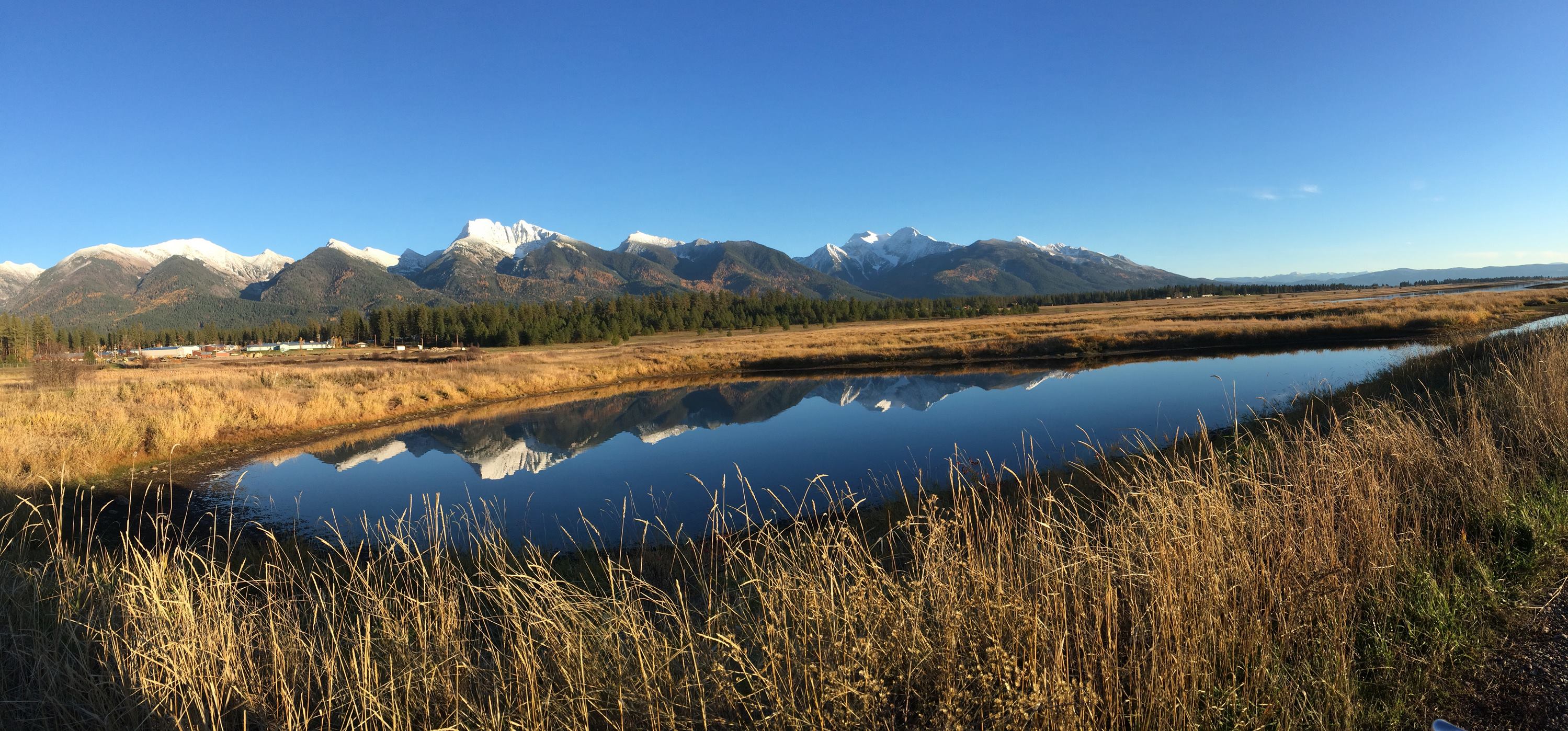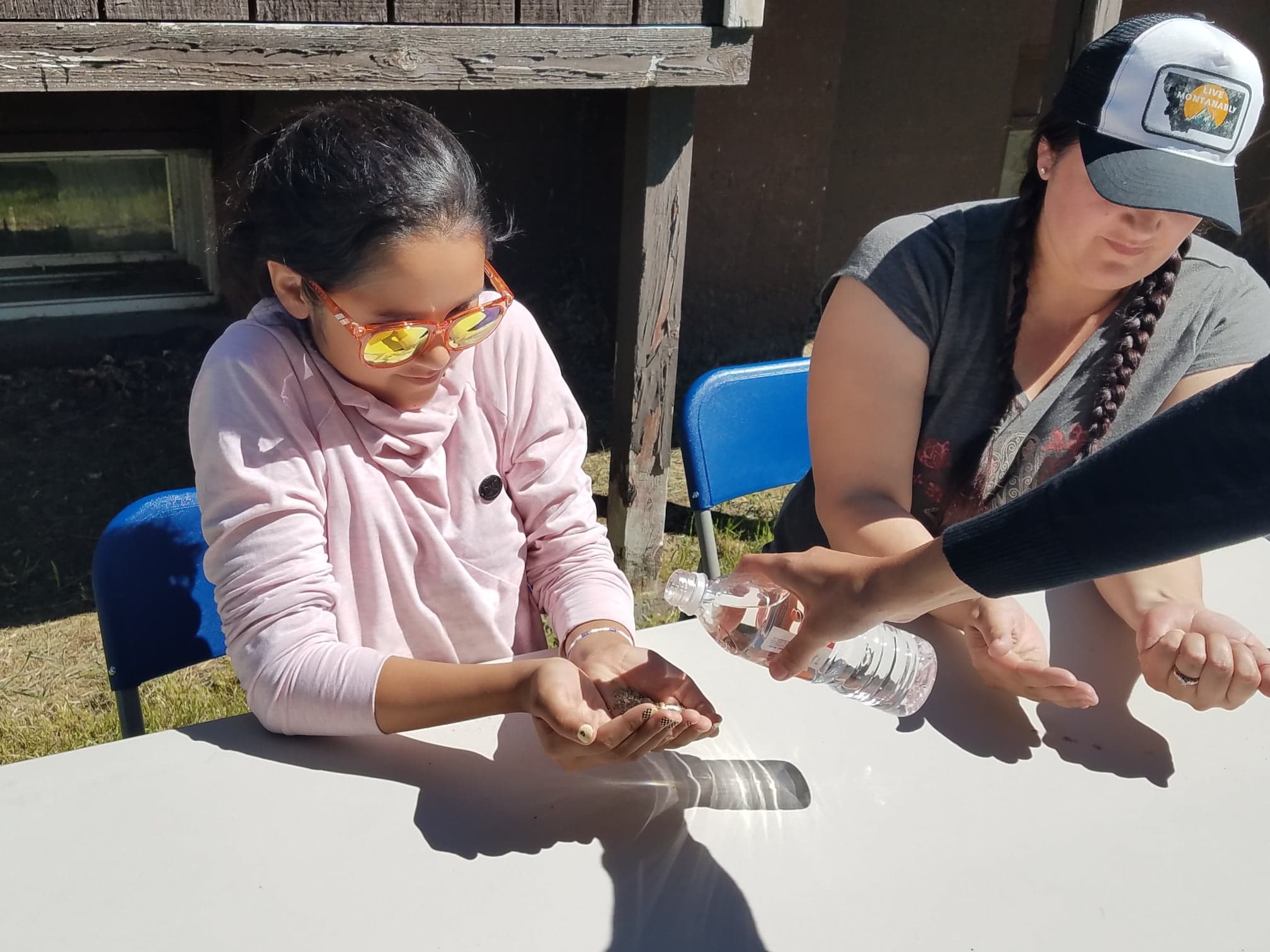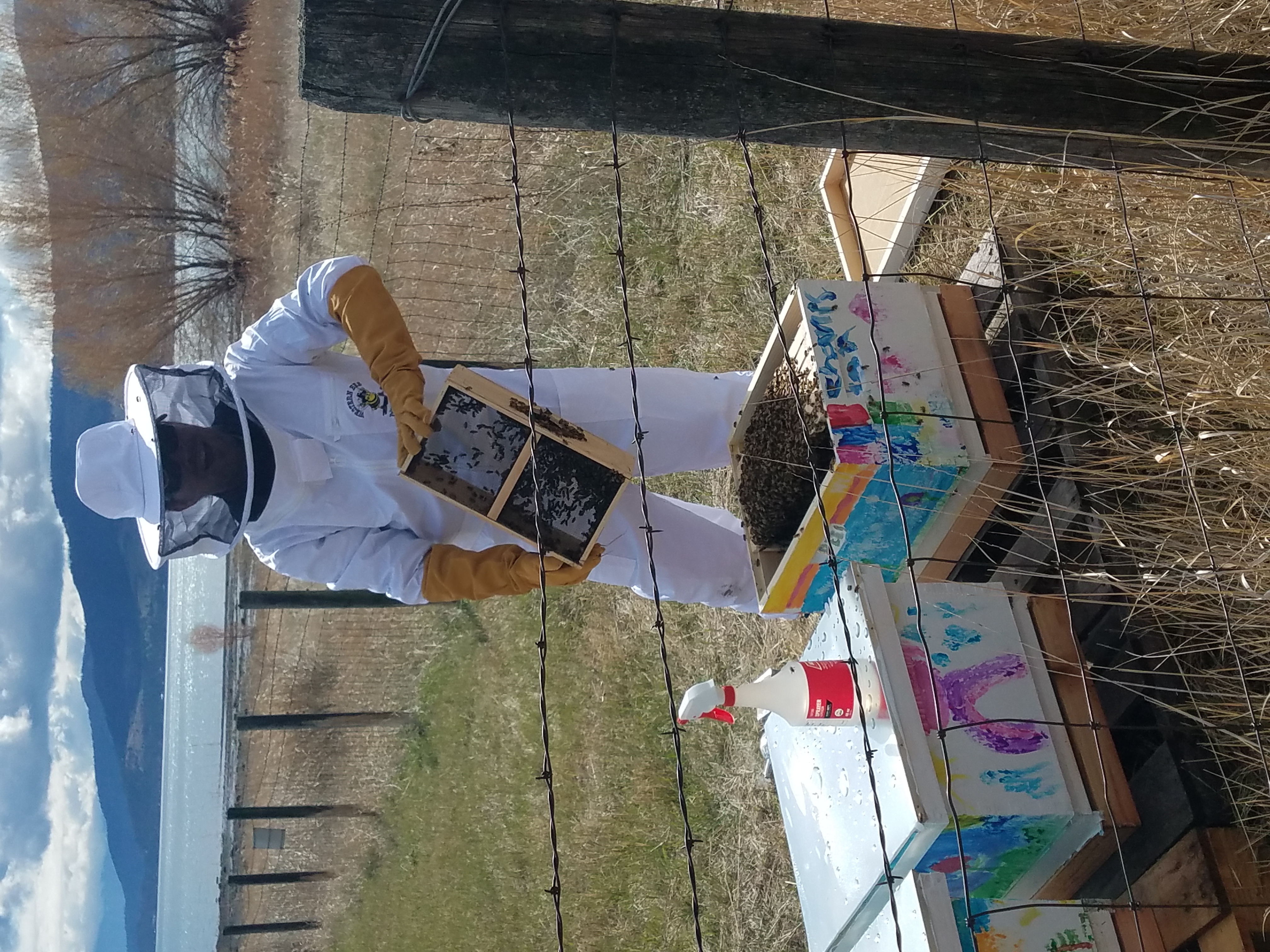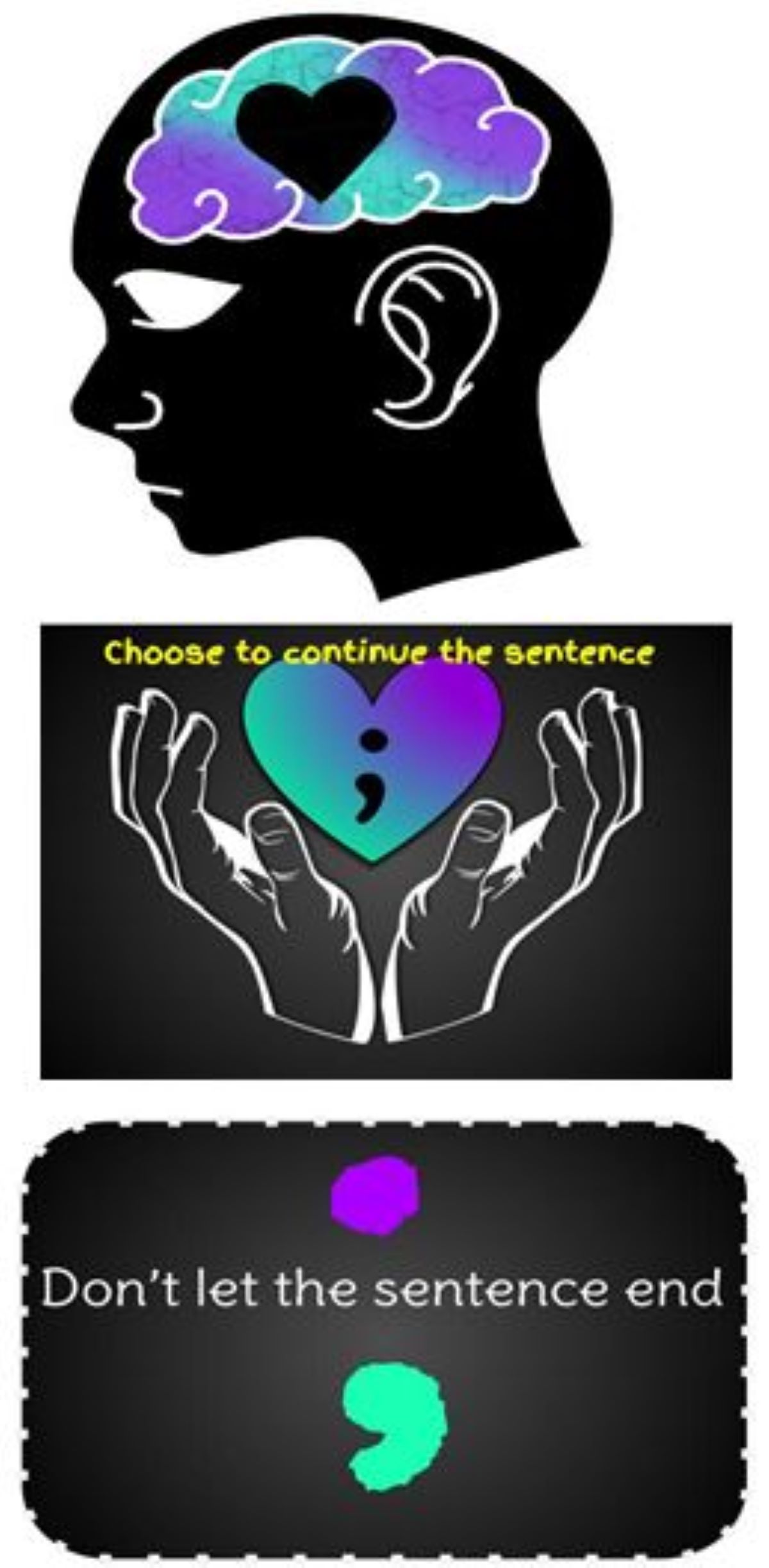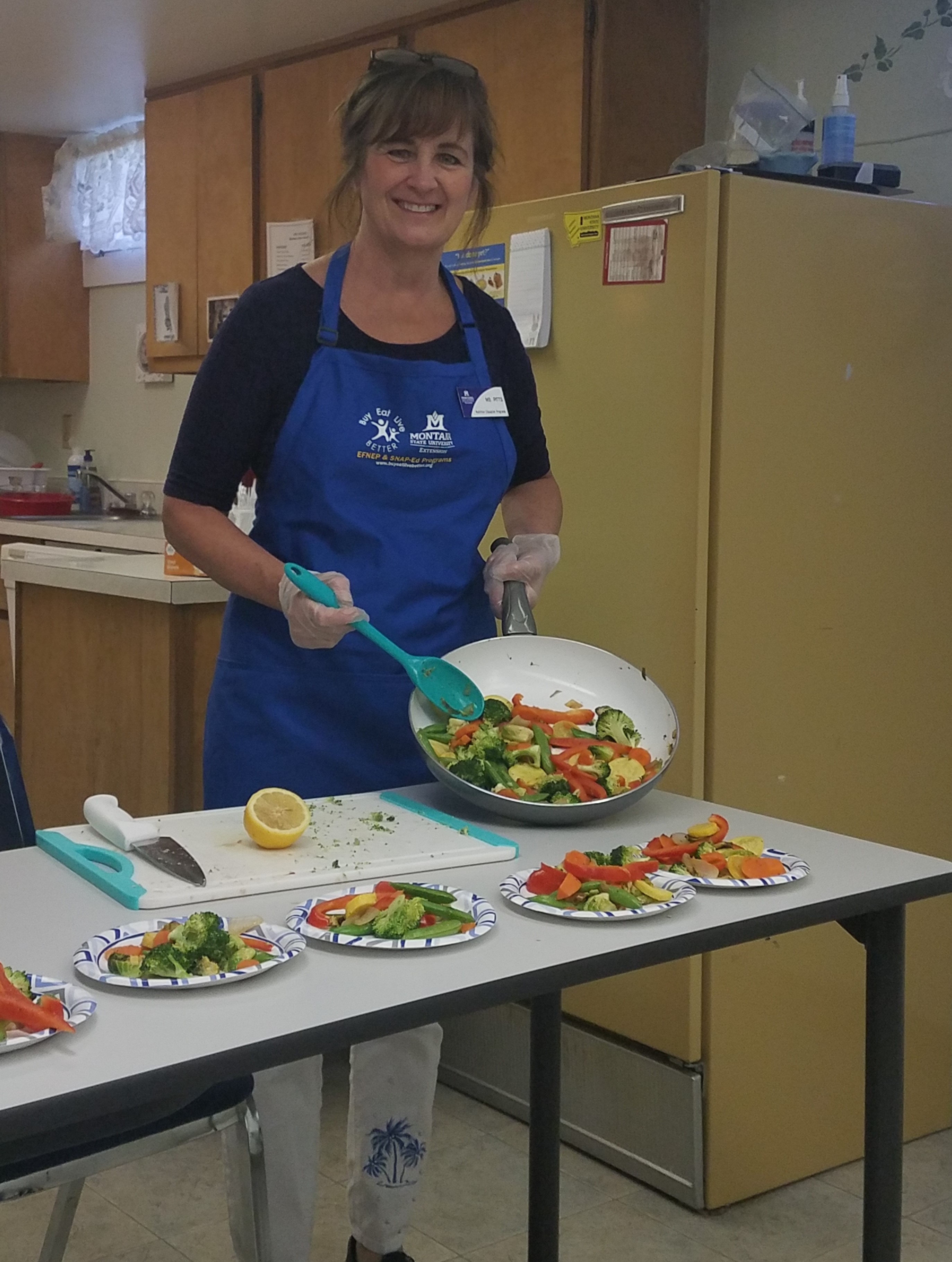
Flathead Reservation
Welcome to the Flathead Reservation, Home to the Salish, Pend d'Oreille and Kootenai People
Published: 2020By Brenda Richey
Grow It Till U Make It - Responding to COVID 19
Published: 2020By Brenda Richey
Participants agree to complete eight Master Gardener classes, one cooking class through MSU SNAP Education, and one two-day food preservation training. In recognition of their time and efforts, each participant received: one 8’ x 4’ x 16” raised bed with season extension capability, soil/compost, garden tools, soaker hose, hot water bath canner, canning tools, and the 'So Easy to Preserve' Food Preservation book. Gardening and Food Preservation classes were facilitated in partnership with Patrick Mangan, Ravalli County Extension Agent and Nori Pearce, Kalispell County Extension Agent.
Feedback on the project is that all participants will garden in 2021, soil testing has been done, and seed/plant choices are being planned. Participants are gathering local, fall food sources and preserving them. One participant is sharing her knowledge with her children and grandchildren. Another purchased supplies, built and installed four more raised beds in anticipation of the next growing season. After learning from the SNAP lesson how to make veggie stir fry, one participant said, “I've never made stir fry before…my son ate EVERY veggie because it tastes so good.” We anticipate additional positive responses to the GITUMI campaign and are looking forward to the 2021 growing/preserving season!
All A Buzz About Bees a 4-H Apiary Entrepreneurship
Published: 2020By Brenda Richey
Prior to the March 2020 stay-at-home order, the Elmo after school youth helped to paint and decorate new hives for soon-to-arrive bees. In April, Elmo after school families watched from a safe, socially-distanced location as Homewood transferred over 9,000 bees into nine new hives. Three of the hives would remain in Elmo while others were taken to new homes. In June, with their science teacher filming live on Facebook, TERS students were able to watch "bee" action, as Homewood re-homed three hive boxes onto school property. The final three boxes intended for Nkwusm are also at TERS and waiting for fewer social distancing restrictions to allow more interaction with students involved. While COVID-19 certainly has changed our world, the youth of the Flathead Reservation are moving forward with innovation, learning ways to create value-added food items, support food sovereignty practices and combat food insecurity issues in their communities.
4-H Youth Lead the Way in Promoting Positive Mental Health
Published: 2020By Brenda Richey
To address community knowledge, the CYFAR program reached out to Tribal Council Leadership. CYFAR requested approval to create a community-wide survey. This presentation was during a Zoom broadcast that reached several hundred in tribal departments, businesses, and households. Both the survey and the program got unanimous Tribal Council support. The survey was created and after receiving Salish Kootenai College Internal Review Board approval, and it was administered reservation-wide. Over 300 adult participants shared their thoughts about mental health. In addition, the survey was sent to listservs of most large organizations and businesses on the Flathead Reservation. By late September, 419 responses to the Qualtrics Community Survey had been received from these organizations and businesses.
In early 2020, CYFAR jumped to a great start with implementation of the Youth Aware of Mental Health (YAM) curriculum. Freshman and sophomores of St. Ignatius and Ronan High Schools participated in this five-class series. This training was successful and led to the recruitment of students who have begun an in-school Youth Mental Health Leadership 4-H Club. Club participants, now trained in YAM, are working with the 4-H CYFAR Site Director to develop a civic campaign around social, emotional, and physical health and wellness. The campaign will feature activities and events, led by the youth, for their communities. Club students have demonstrated interests in teaching, marketing, and graphic design as well as a passion for mental health awareness. During their first club meeting, students assigned roles, selected an initial project and outlined long-term goals. Students continue to demonstrate ingenuity through the use of technology during the COVID-19 Pandemic by creating their own google classroom and working to include other club members who are at home due to restrictions.
SNAP-Education - Healthy Cooking for a Healthier You!
Published: 2020By Brenda Richey
Participant behavior changes from the 'Eating Smart, Being Active' series showed that: • 100% of participants demonstrated improvement in one or more diet quality indicators (i.e., eating fruits, vegetables, red and orange vegetables, dark green vegetables, drinking less regular soda (not diet), drinking less fruit punch, fruit drinks, sweet tea, or sports drinks, and cooking dinner at home). • 100% of participants showed improvement in one or more physical activity behaviors (i.e., exercising for at least 30 minutes, doing workouts to build and strengthen muscles, or making small changes to be more active). • 50% of participants showed improvement in one or more food safety practices (i.e., washing hands before preparing food, washing all items and surfaces after cutting raw meat or seafood, not thawing frozen food at room temperature, or using a meat thermometer). • 50% of participants showed improvement in one or more food security indicators (i.e., not eating less than you wanted so there was more food for your family or having enough money to get food for your family).
Behavior change from the 'Youth Understanding MyPlate' series showed that: • 88% of children and youth improved diet quality via their abilities to choose foods according to Federal Dietary Recommendations or gained knowledge. • 45% of children and youth improved their Physical Activity practices or gained knowledge. • 54% of children and youth use safe food handling practices more often or gained knowledge.
In addition to direct and/or virtual adult/youth classes, Policy, Systems, & Environmental work was completed in 10 locations. These planning and policy projects lead to outcomes, that when reported at the national level, collectively help shine a light on individual accomplishments of SNAP-Ed and the positive impacts the program has in Montana.


